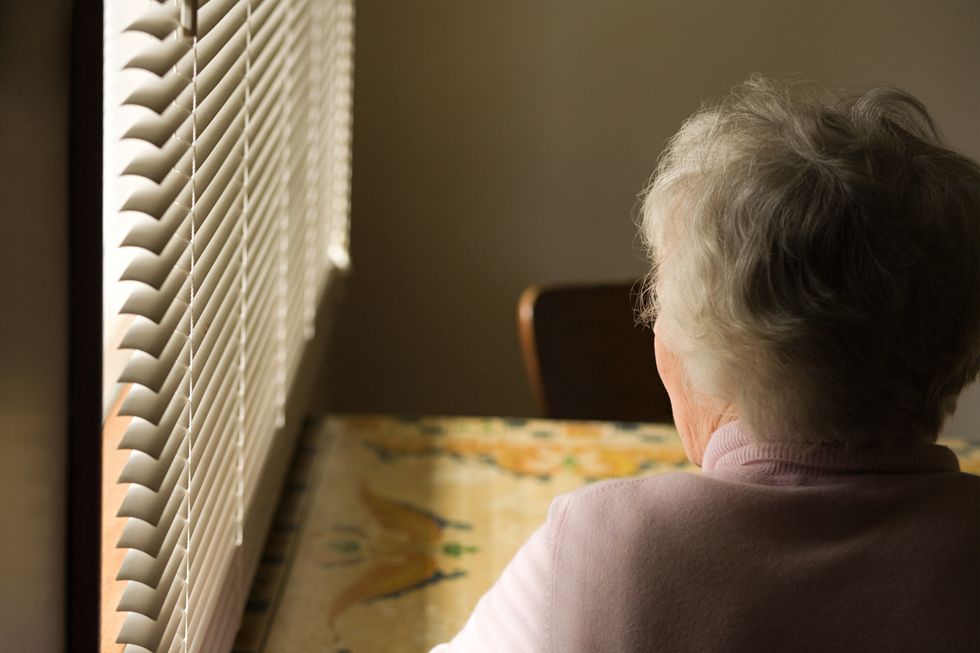Dietitian’s oldest clients regularly include four ingredients in their meals to maintain ‘good health’
As the population ages, understanding the impact of lifestyle habits becomes increasingly important for those seeking to prolong their health span.
Over her career, registered dietitian Shelley Balls, has observed certain patterns among her healthiest older clients, involving their dietary tendencies and exercise regimens.
She told GB News that most of them follow diets rich in whole foods, including vegetables, fruits, legumes, and whole grains.
They also minimise their intake of sugar and salt where possible, the nutritionist noted, while extra-virgin olive oil, turmeric, garlic and ginger are regularly consumed.

Older people who maintain good health have many habits in common
GETTY
“They also don’t count calories or obsess over certain macronutrients or supplements,” Shelley said. “Rather, [they] regularly sit down with their families to eat.
“Their diets typically limit their intake of added sugars or excess sodium.”
Physical activity among healthy elderly individuals varies widely, but consistent movement is a key factor of their lifestyle, the expert explained.
Unsurprisingly, these individuals make a conscious effort to avoid prolonged periods of sitting and incorporate regular movement throughout their day.
Rather than following rigid exercise programmes they maintain activity through daily walks, gardening and household chores.
Another habit they are careful to avoid is excessive intake of alcohol.
“They typically don’t drink alcohol, and if they do, very little,” Shelley noted. “They don’t use tobacco products either.”
Maintaining social connections is another crucial factor her clients share, as it helps mitigate the impact of chronic stressors.

Getting regular movement throughout the day may lower the risk of chronic illness
GETTY
“My oldest clients tend to have a consistent and healthy sleep routine,” she noted.
“They have a good community surrounding them, whether that’s their spouse, friends, family, or religious group.”
“They also cook more food from home, rather than eating out,” she added, suggesting that their preference for home-cooked meals gives them more control over their health.
Eating out typically includes high-calorie and processed meals, which cause chronic diseases further down the line.


Comments are closed.